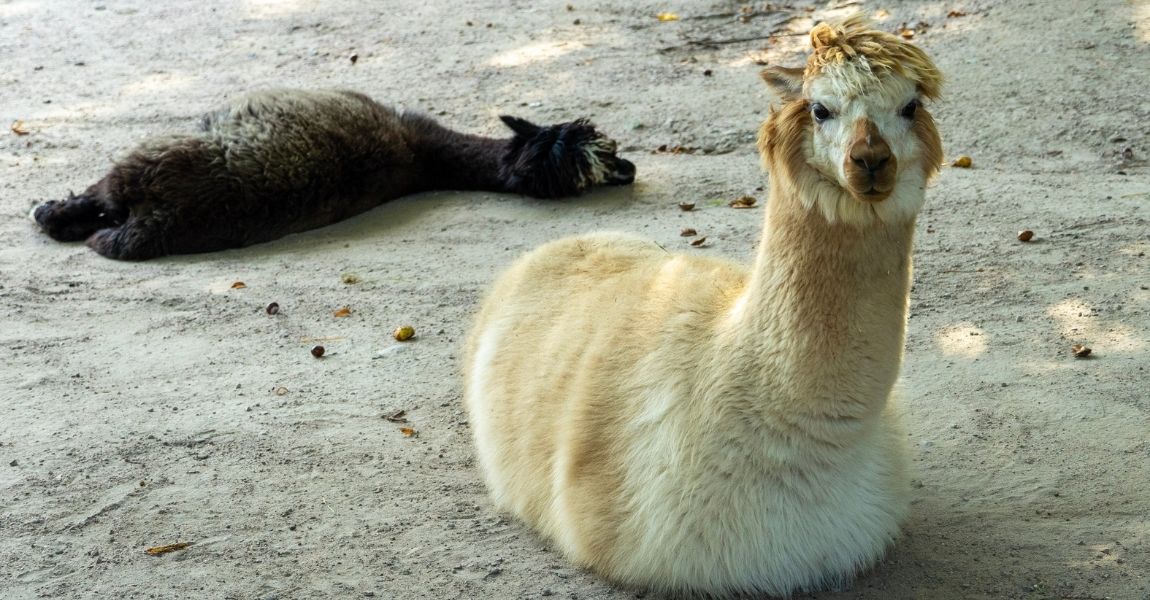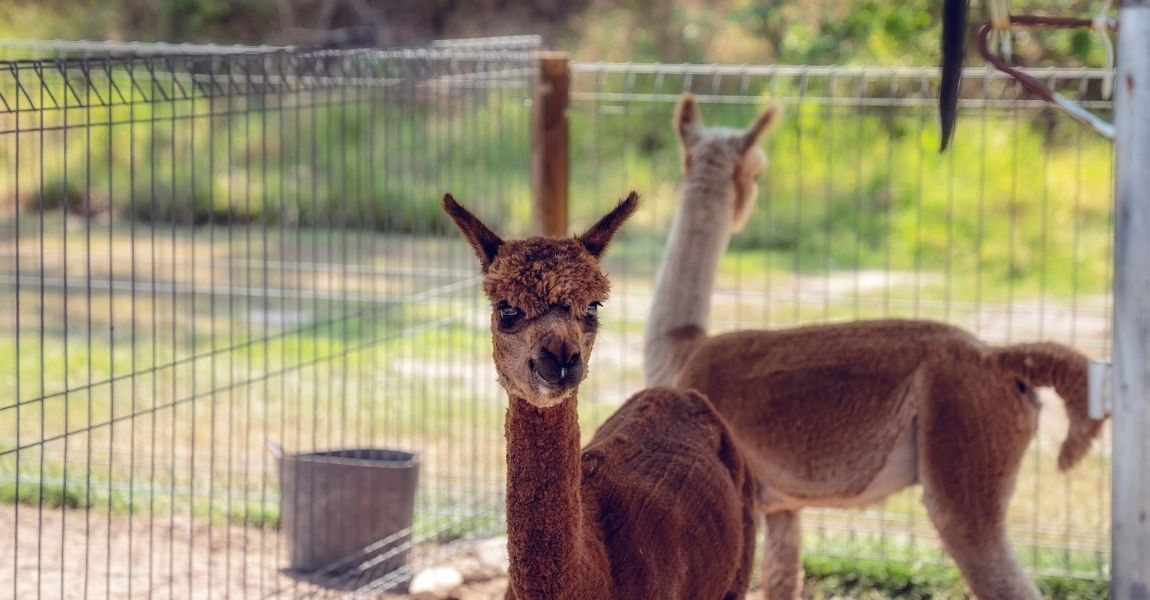Understanding Your Pet Alpaca: A Comprehensive Guide
Alpaca Basics
Alpacas are charming and unique animals that have become increasingly popular as pets in recent years. Originally from the highlands of South America, alpacas are known for their soft fleece and gentle nature. If you're considering bringing an alpaca into your home, it's essential to understand their specific needs and characteristics. In this guide, we will explore everything you need to know about understanding and caring for your pet alpaca.
Alpaca BasicsAlpacas are domesticated camelids and are closely related to llamas. They are smaller than llamas, standing at around 3 to 4 feet tall at the shoulder and weighing between 100 and 200 pounds. Alpacas come in two primary breeds: Huacaya, which has fluffy, crimpy fleece, and Suri, which has long, silky locks. They have a lifespan of 15 to 20 years, so be prepared for a long-term commitment.
Housing and SpaceAlpacas are adaptable animals that can thrive in a variety of climates. However, they do require proper shelter to protect them from extreme weather conditions. A sturdy barn or shed will provide them with shade during hot summers and keep them warm during cold winters. Alpacas also need access to a spacious pasture where they can graze on grass and hay. Ensure the pasture is securely fenced to prevent predators from entering and to keep the alpacas from wandering off.
Feeding and NutritionAlpacas are herbivores and have specific dietary requirements. They primarily feed on grass, hay, and fresh water. High-quality grass hay should make up the majority of their diet, supplemented with a small amount of alpaca pellets or grains to ensure they receive the necessary nutrients. It's essential to provide fresh, clean water at all times, especially during hot weather.
Socialization and CompanionshipAlpacas are social animals that thrive in the company of their herd. They are happiest when they have other alpacas or compatible animals as companions. It's recommended to have at least two alpacas together, as they can become stressed and lonely when kept alone. However, make sure to introduce new alpacas gradually and monitor their interactions to ensure they get along well.
Grooming and Fleece CareOne of the distinct features of alpacas is their luxurious fleece. Regular grooming is necessary to maintain their coat's health and prevent matting. Gently brushing their fleece once a week will help remove debris and keep it in good condition. Alpacas are shorn annually, usually in spring, to harvest their fleece, so make sure to find an experienced shearer to perform the task.
Veterinary CareTo keep your alpaca in good health, regular veterinary check-ups are crucial. Alpacas require vaccinations and deworming treatments to prevent diseases and parasites. It's essential to establish a good relationship with a knowledgeable veterinarian who can provide guidance on preventive care and address any health concerns that may arise.
Behavioral TraitsUnderstanding alpacas' behavior will help you communicate and bond with your pet. Alpacas are generally gentle and curious animals, but they can be cautious around humans until they feel comfortable. Spending time with your alpaca, providing positive reinforcement, and respecting their boundaries will help build trust and strengthen your relationship.
Training and HandlingAlpacas can be trained to walk on a halter, be led, and stand calmly for grooming and veterinary procedures. Positive reinforcement techniques, such as treats and praise, work well for training alpacas. Remember to be patient, consistent, and gentle when handling them to avoid causing stress or fear.
Legal ConsiderationsBefore bringing an alpaca into your home, it's essential to research and comply with any local regulations or zoning restrictions related to alpaca ownership. Some areas may have specific requirements or limitations on the number of alpacas you can keep.
Benefits of Owning AlpacasBeyond their adorable appearance, alpacas offer various benefits as pets. They can be excellent companions, provide fiber for spinning and knitting enthusiasts, and serve as therapy animals due to their calm and gentle demeanor. Additionally, alpacas have a low impact on the environment compared to other livestock.
In conclusion, owning an alpaca can be a rewarding experience, but it requires careful consideration and proper care. By understanding their needs, providing a suitable environment, and building a strong bond, you can enjoy a fulfilling and enriching relationship with your pet alpaca for many years to come.





